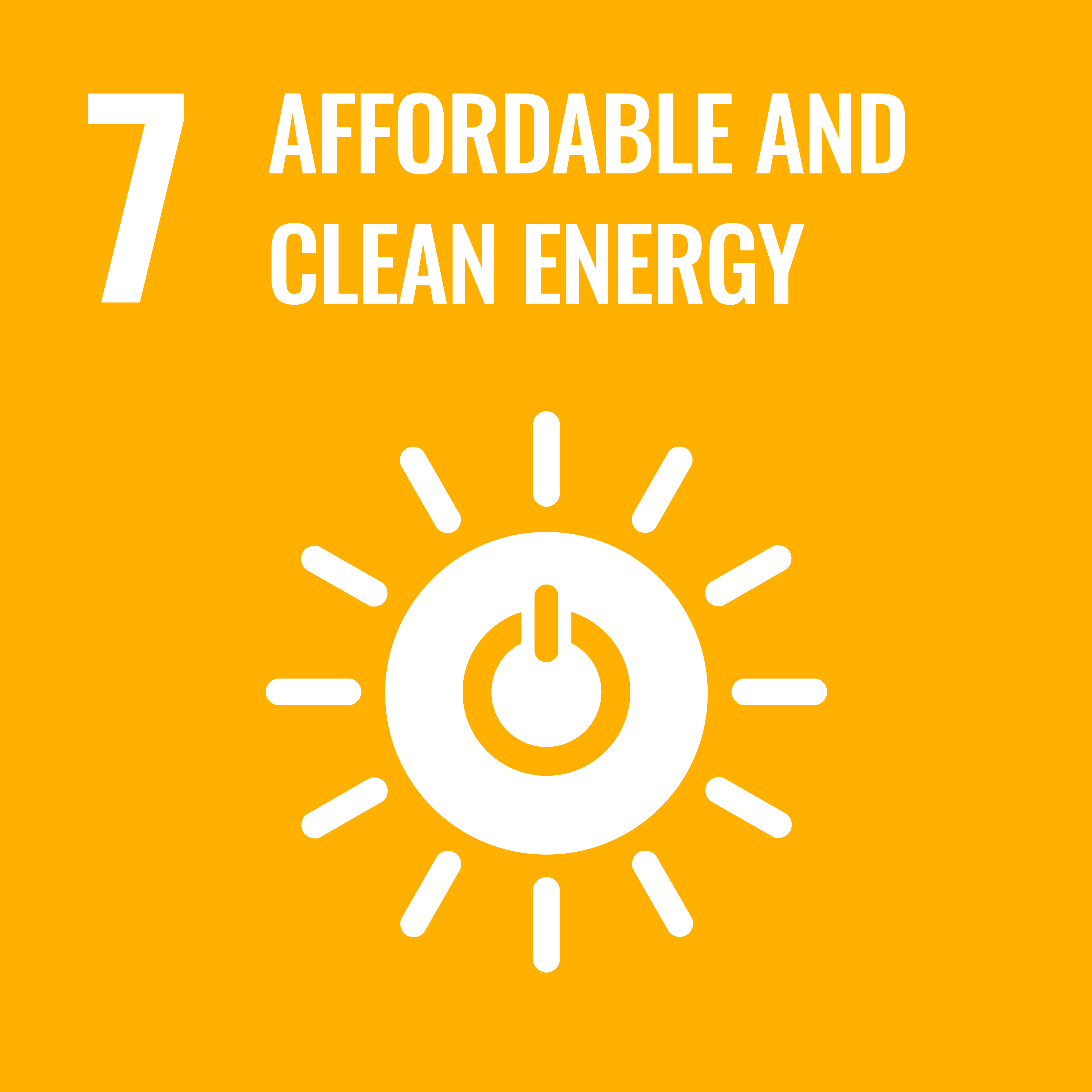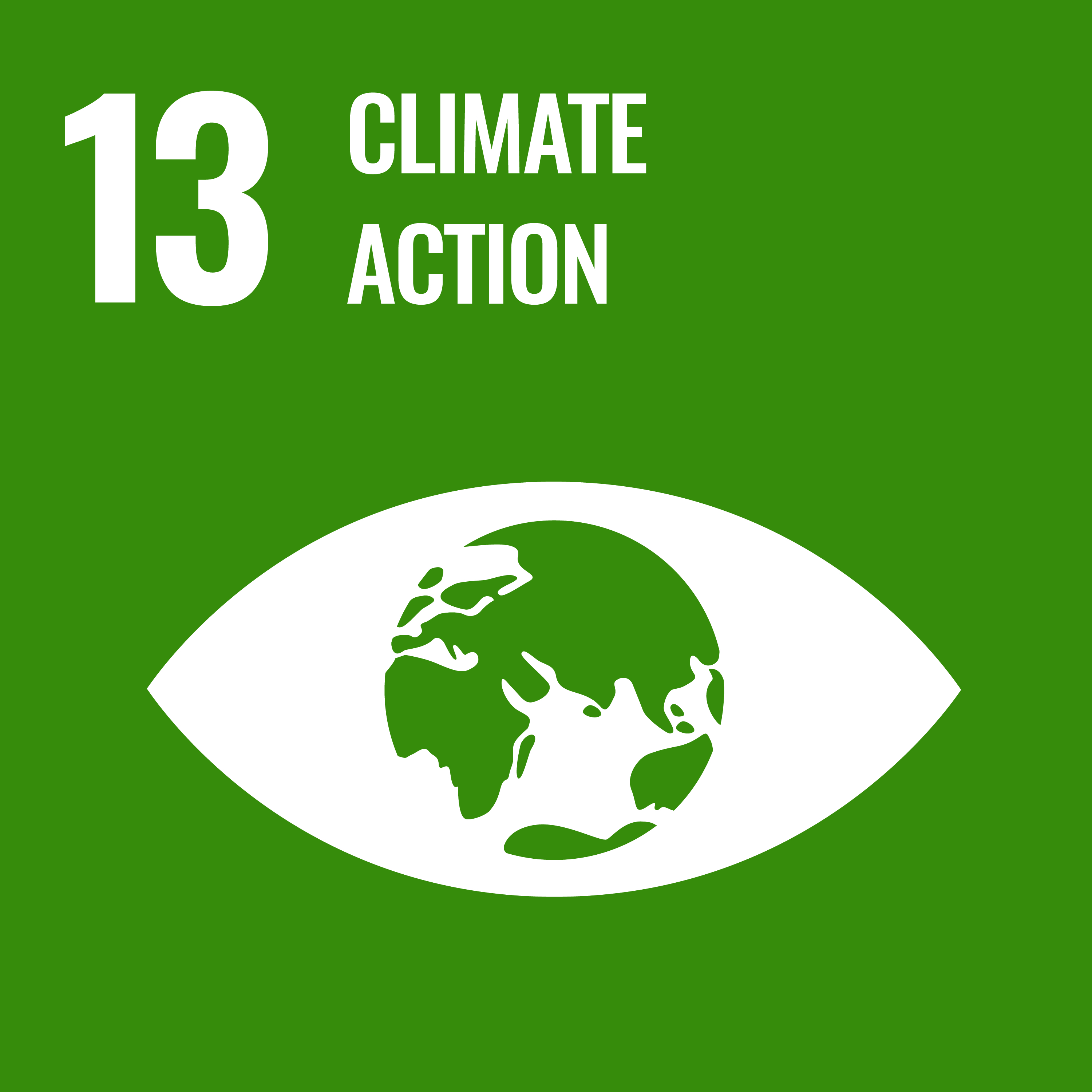University Energy Usage Guidance

Responsible Energy Consumption at Warwick
University Energy Usage Guidance for Students and StaffStaff and Students are expected to turn off equipment under their direct control when not in use and report energy wastage through the Invida Resolve APPLink opens in a new window, the online reporting platformLink opens in a new window or at 024 765 75100. Reportable items would include areas of under- or overheating, faulty automatic lighting controls, leaking taps/pipes, constantly flushing toilets or any other issue that results in energy wastage and is outside the control of the end user. See more details at Energy Usage Policy and Guidance (Sign in required)Link opens in a new window.
We encourage everyone in the University Community to help others to be energy efficient. If you need further advice or have any questions please contact sustainability@warwick.ac.uk.

Heating
- Close windows and doors as appropriate to keep heat in the building.
- Circulation spaces and offices may be at different temperatures and closing doors will help maintain comfortable temperatures.
- Turn off local heating supplies before opening windows in cold weather
- Ensure that radiators and heating controls are not obscured by furniture, clothing etc.
- Report observations of over or under heating or heating that is on outside the normal working day to the Service DeskLink opens in a new window.
- Make sure all windows and curtains are closed at the end of the working day.

Cooling
- Where practicable, open windows to provide cooling when outside air temperatures are below internal temperatures.
- Close windows and doors as appropriate when cooling systems are operational to stop hot air entering.
- Anticipate how hot weather may affect building temperatures and dress appropriately.
- Report observations of overheating or cooling that is on outside the normal working day to the
-
Switch off equipment and lighting whenever possible to reduce unwanted heat gains.
-
Avoid the use of inappropriate equipment (fridges and kettles) within academic/office areas to reduce unwanted heat gains.
-
Adjust blinds to keep out direct sunlight.

Hot Water and Water
- Take shorter showers and avoid very hot shower.
-
Turning off the tap while you brush your teeth and filling a bowl to do your washing up, can all significantly reduce your consumption.
- Report all water wastage, such as leaking taps or continually flushing toilets to the
- Make use of dishwashers where provided and not rinse items before loading.
-
Where dishwashers are not provided use a washing up bowl to wash dishes in batches rather than rinsing each individual item.
-
-
More water saving tips can be found fromSevern Trent

Electricity
- IT and General Office Equipment
- Turn off equipment when leaving the office for more than 20 minutes and at the end of the day.
- Enable power management features on electrical equipment and power them down whenever possible, particularly on evenings and weekends.
- When specifying new equipment look for energy ratings and energy saving features such as automatic standby modes or time scheduling.
- Lighting
- Use daylight wherever possible.
- Turn off lighting in unoccupied spaces or when leaving an area if it safe to do so
- Contact where lighting controls (either manual or automatic) are not effectively controlling lighting.

Out of Hours
Where there is a requirement for heating or cooling outside core occupancy hours users should notify Estates via bms.schedules@warwick.ac.uk providing the space location reference and start and end time of heating, where events are cancelled users are reminded to notify Estates on the email address above.
Schedules for the upcoming week are entered on Friday afternoons so users are requested to plan ahead.

Sustainable Labs
- Use best practice guidance from frameworks such as LEAF.Link opens in a new window
- Turn off equipment when not in use.
- Maintain equipment to be as efficient as possible (e.g., seals on low temperature freezers)
- Use tags on equipment power supplies to indicate equipment that can be safely turned off.
- When specifying new equipment look for energy ratings and energy saving features – consider how easily equipment can be turned off or put into a standby mode.
- Where applicable, evaluate water usage in their research and investigate alternative working practices.


